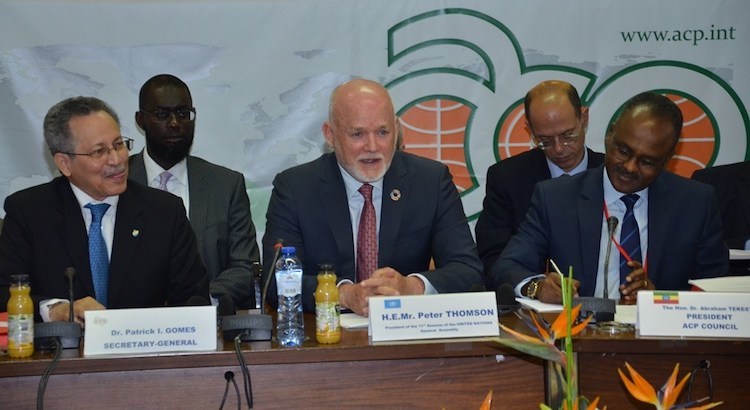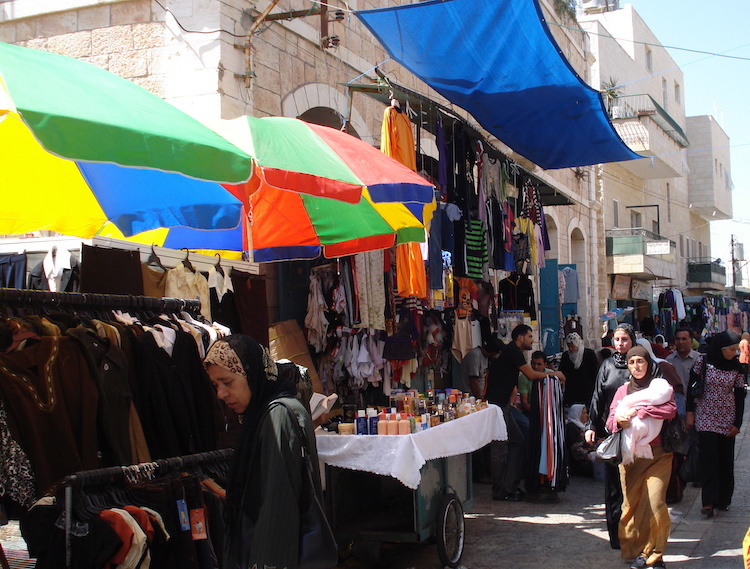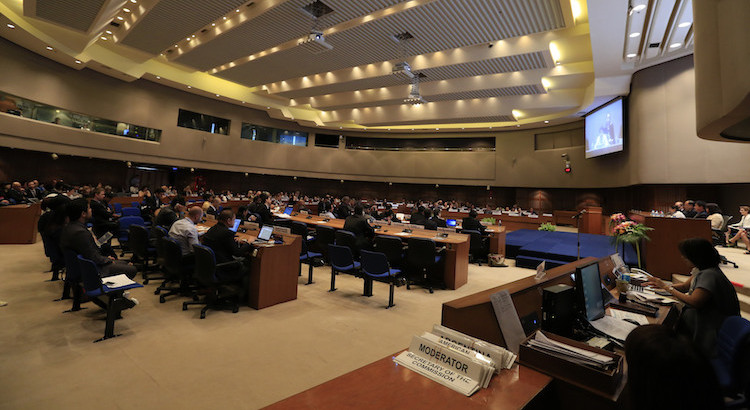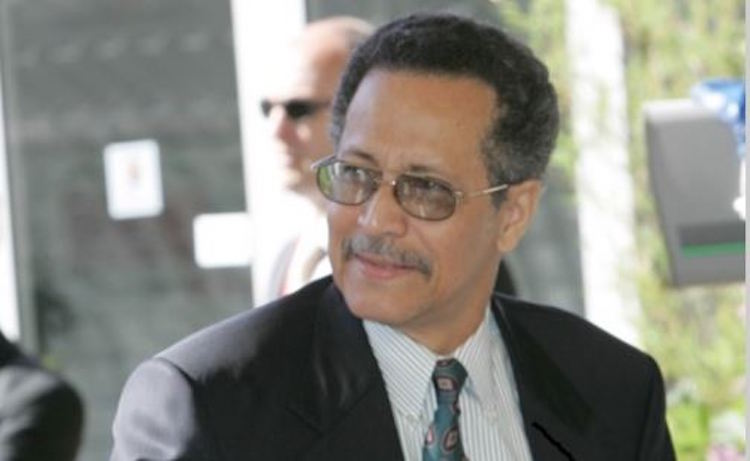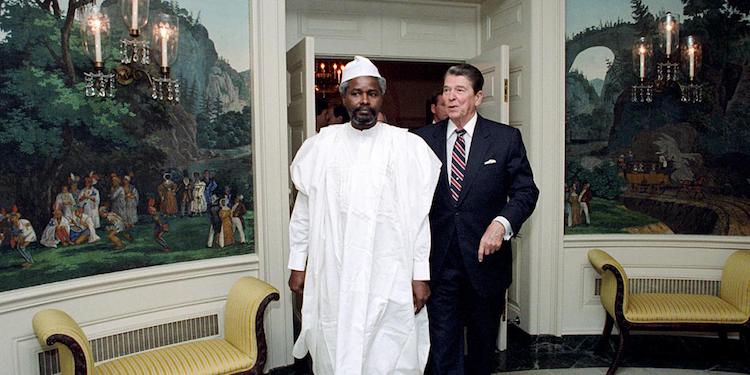By Jaya Ramachandran
BRUSSELS (ACP-IDN) – The African, Caribbean and Pacific (ACP) countries are determined to “undertake the reforms needed to transform the ACP Group into an effective global player, fit for the 21st century, and responsive to the emerging priorities” of member states.
This emerged from the two-day gathering of the ACP Council of Ministers who concluded the 105th session on May 4 with key decisions that will influence how the bloc of 79 countries will carve out a more effective role in the international arena.
According to the President of the Council, Ethiopia’s Minister of Finance and Economic Cooperation, Dr Abraham Tekeste, “The current occupancy of the Presidency of the UN General Assembly by Fiji, and the current membership of Senegal and Ethiopia in the UN Security Council, serve to underscore the positive contributions by ACP countries at the global levels.”

